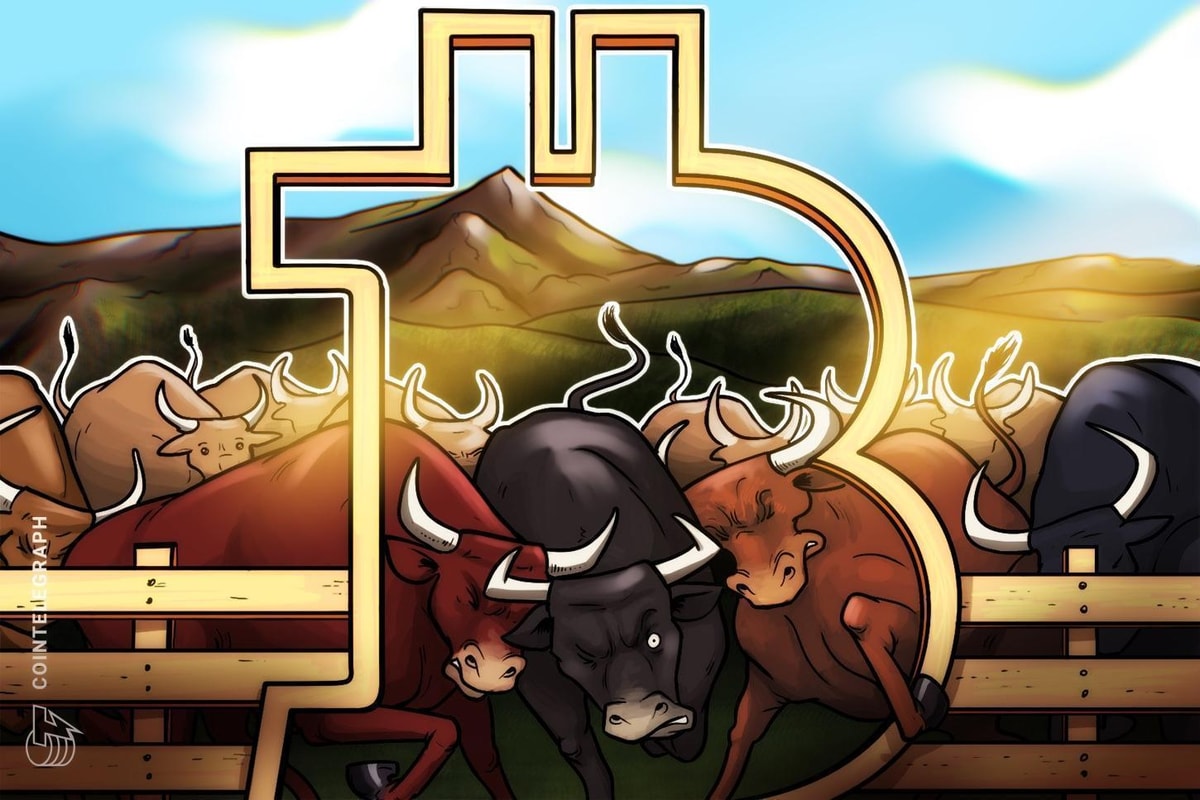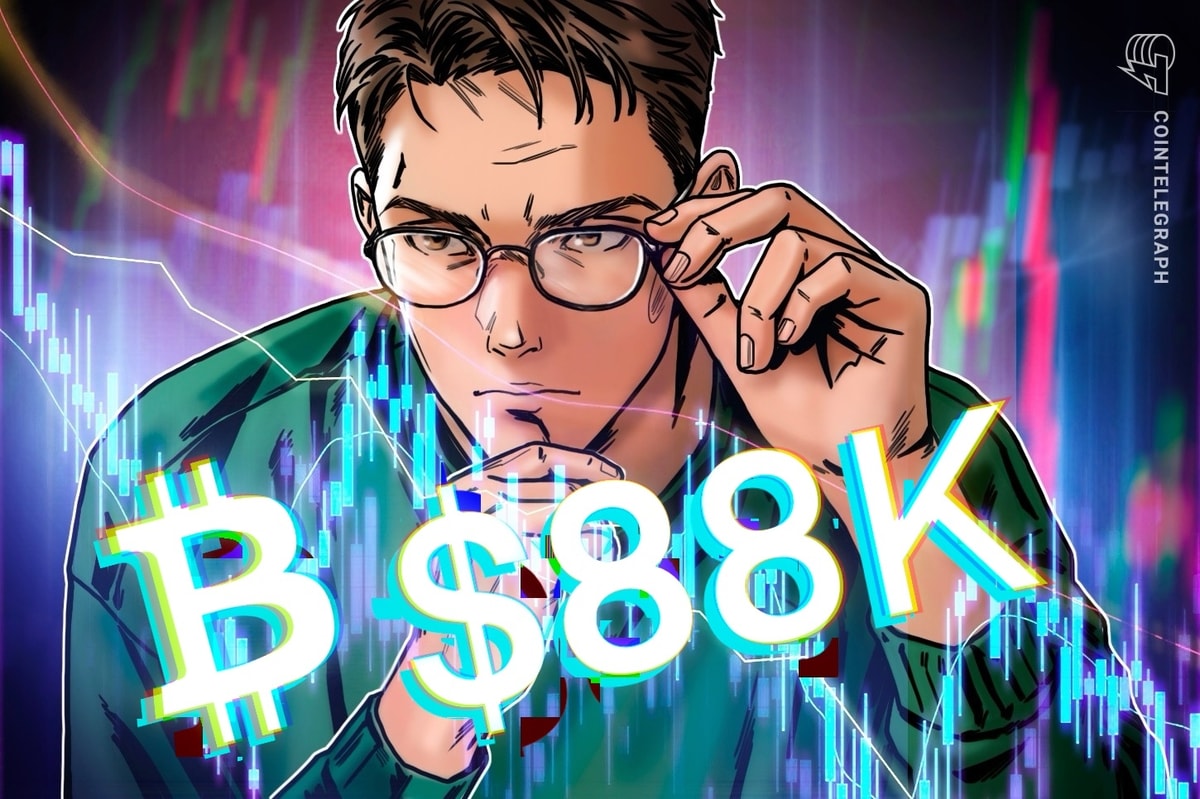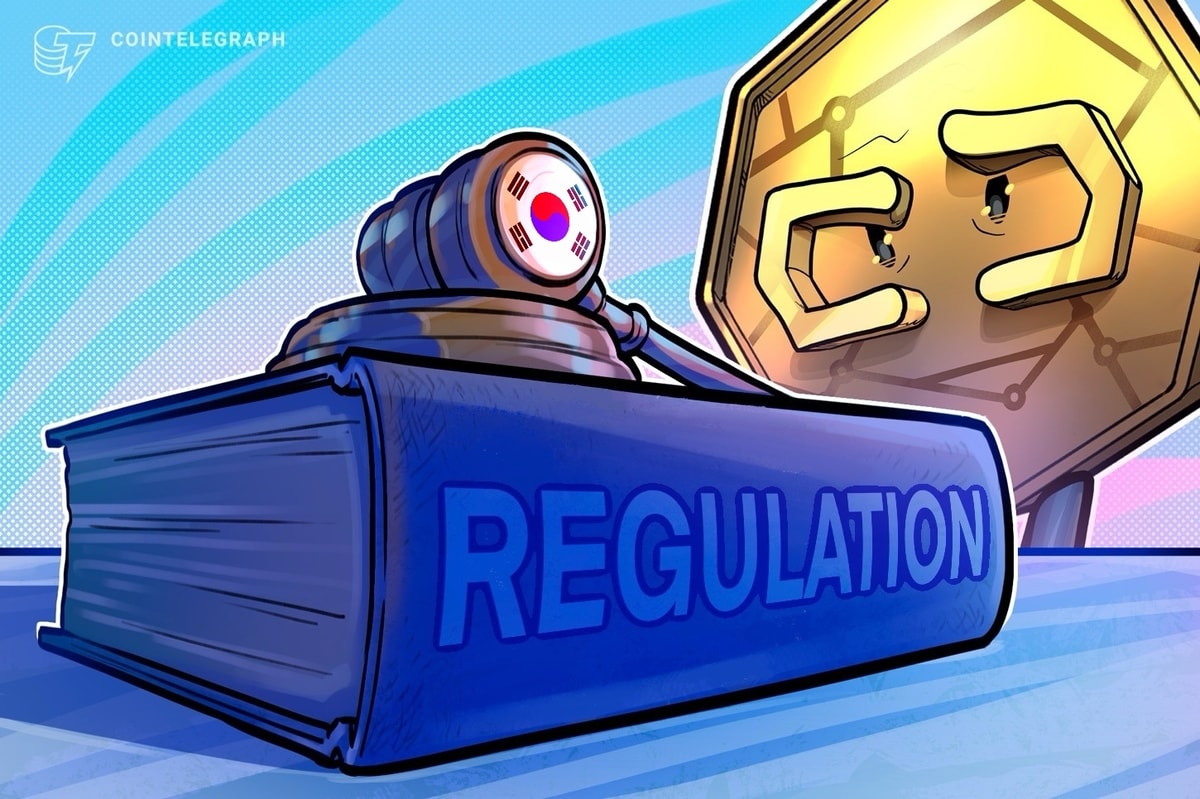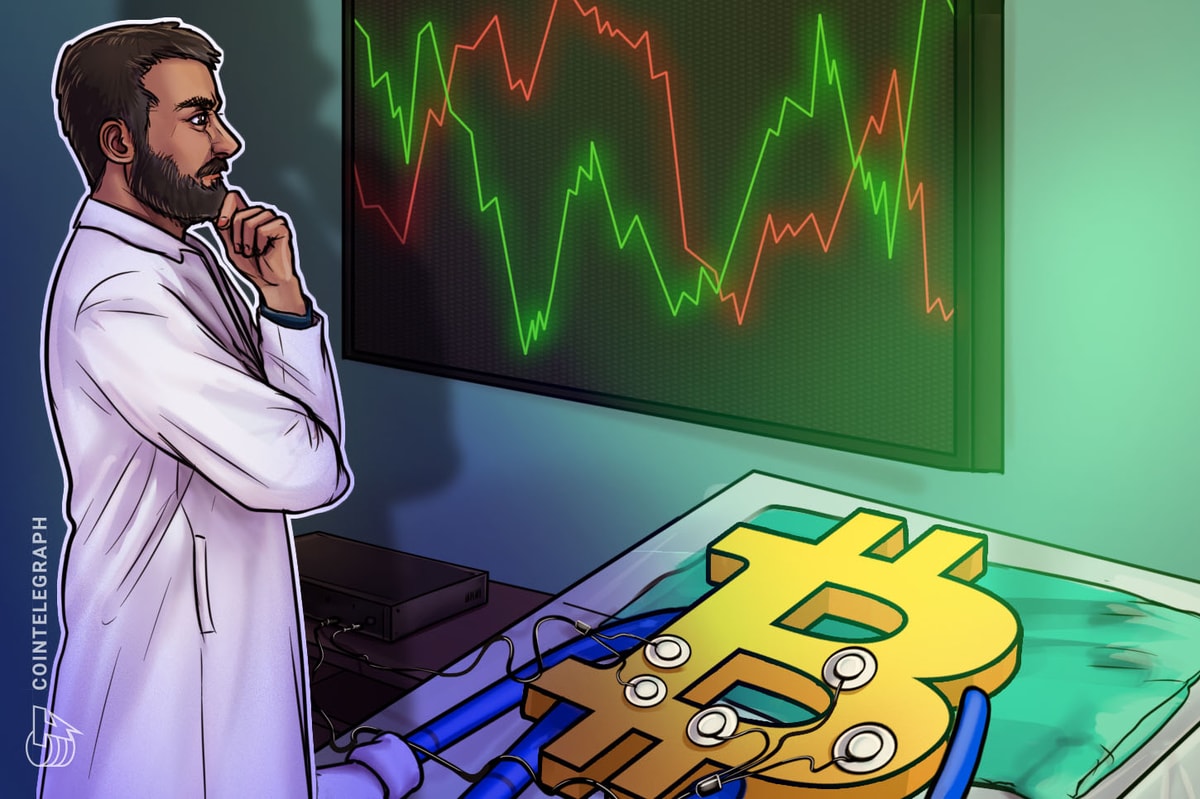
Two key BTC supply metrics show conflicting signals on whether a retracement will occur before the Bitcoin halving.
Market Analysis
Bitcoin (BTC) is at 17-month highs with just 164 days until the next Bitcoin halving event, alongside anticipation of a spot Bitcoin exchange-traded fund (ETF) approval in the coming months.
Yet, amid Bitcoin’s 106.38% year-to-date gains, the stablecoin supply rate oscillator (SSRO) has raised a major flag despite suggesting the beginning of a new bull cycle.
Stablecoin buying power weakens ahead of Bitcoin ETF
This stablecoin supply ratio metric, which acts as an important measure of the dominance of stablecoins vs. Bitcoin, has surged to a new all-time high at 4.13 on Oct. 25, according to data from Glassnode. Such a surge hints at a significant appetite for Bitcoin accumulation on-chain.

However, this also suggests that the purchasing power of stablecoins is at a relative all-time low.
Historically, this is the highest SSRO divergence since 2019, when it rocketed up to 4.12 on June 26 — exactly 320 days before the May 2020 halving.
The emergence of this same top signal on the SSRO this week could, therefore, precede a retracement period before the next halving event in April 2024.
Nevertheless, while the relative buying power is currently weak — and a local top like the one in 2019 is certainly possible — the larger implication is that high SSRO levels have also aligned with the start of bigger bull market cycles.
“Reserve risk” suggests this BTC rally may be different
As a potential spot Bitcoin ETF approval tantalizes markets with implications for BTC’s price, one metric is painting a unique image of market sentiment, suggesting this Bitcoin rally could be different from 2019.
Namely, the reserve risk (RR) indicator, which measures the risk-reward incentives in relation to the current “HODL bank” and spot BTC price. As Glassnode puts it:
When confidence is high and price is low, there is an attractive risk/reward to invest (Reserve Risk is low). When confidence is low and price is high then risk/reward is unattractive at that time (Reserve Risk is high).”

When the SSRO accelerated to similarly high levels in June 2019, the RR followed suit, climbing above the green band, as shown in the chart above.
Yet, amid the current record-high SSRO reading, the RR is still at multiyear lows at the bottom of the green band. Historically, buying Bitcoin when the RR is at such low levels (i.e., large hodl bank relative to current BTC price) has produced outsized returns.
It also implies that despite the Bitcoin price sitting at 17-month highs, confidence remains very high in Bitcoin’s future price performance.
Thus, long-term holders may be well-positioned for major gains, considering these entities control an all-time high of the total supply.
Factor in the potential multibillion-dollar inflows into a Bitcoin ETF, and it’s easy to see why six-figure BTC price predictions are becoming common for the post-halving period.
This article does not contain investment advice or recommendations. Every investment and trading move involves risk, and readers should conduct their own research when making a decision.







